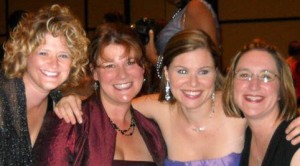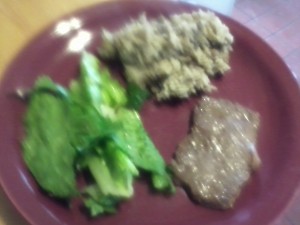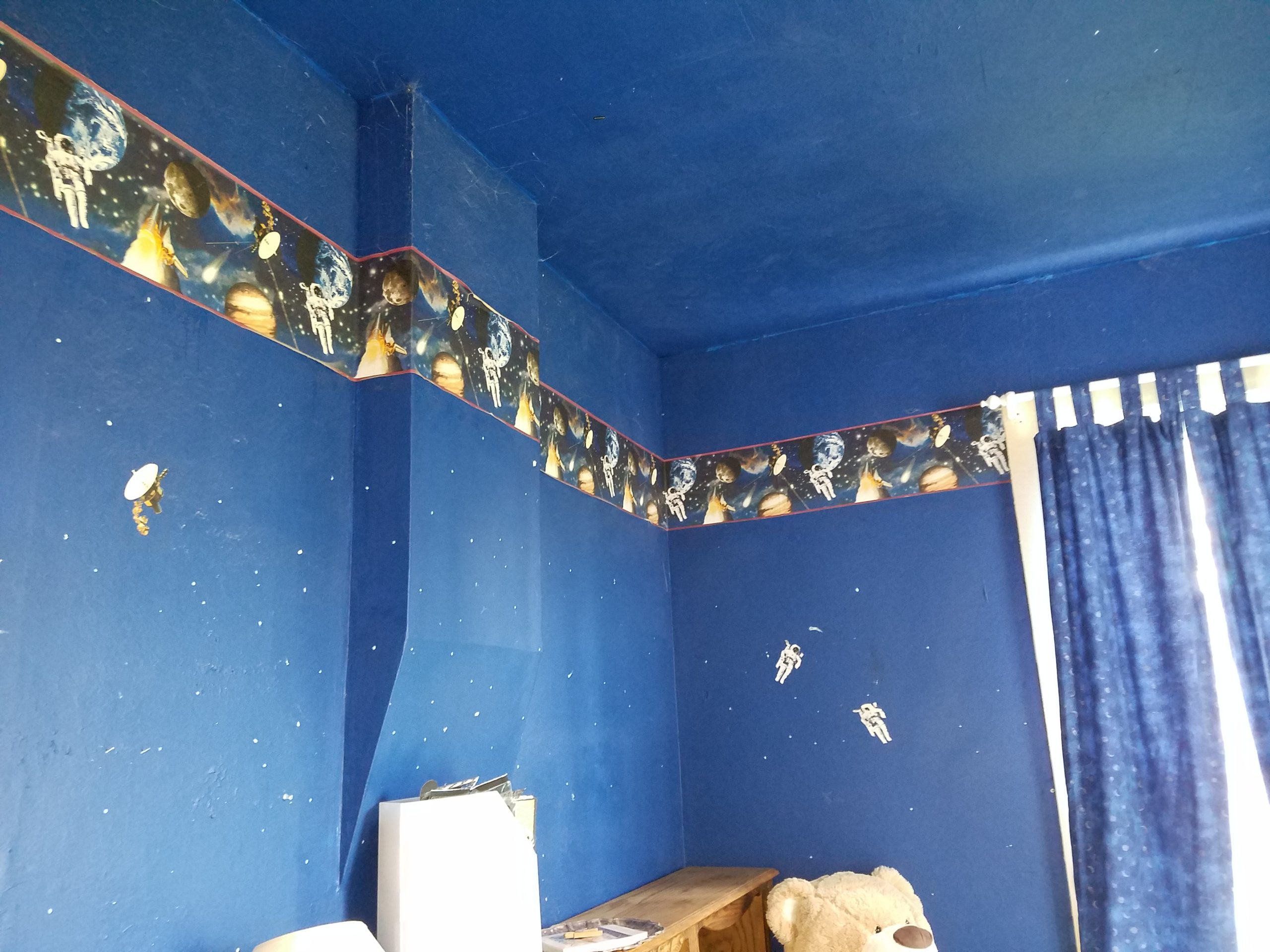writing
-
Digging Up Seeds
I had a dream the other night that, for the most part, isn’t unusual for me this time of year. I knelt in the dirt digging around to find the seeds I’d planted days before. No, that’s not just a dream. I really do that. But in my dream I found a pea spreading out in the earth. I picked it up and placed it in my palm. As I stared a bright green sprout burst forth and grew toward the sun.
I don’t know that the dream had any particular meaning, but I woke up happy.
Yesterday, I was really out in my garden. And I was really digging up my seeds. Don’t judge me! I never claimed to be a patient woman. Anyway, I think I expected to see the growing seed again. But instead I found a bunch of half-eaten peas and a few that were just beginning to show signs of life.
Bummer. But I probably planted fifty peas, so I think I stand a good chance of harvesting at least a few yummy treats.
The moral of the story (if this silly story even has one): Even in my impatience sometimes miracle happen or it’s important to plant a lot of seed.
You decide.
It certainly applies to my writing. Every once in a while, usually about the time I’ve given up, I receive some kind of request or encouragement that I hadn’t expected. I love those days!
As for the second moral, in publishing it pays to sow a lot of seeds. Maybe one will take off.
What do you think?
-
Conference Season – part 1
Today I’m kicking off a series on Christian writer’s conferences. For the next several weeks we will be visited each Friday by guest bloggers who will give us the inside scoop about different conferences.
We’re covering the large, national conferences, like ACFW (registration opened yesterday) as well as some more local conferences. Many will be familiar but a few may be new names.
My own conference memories are some of the blessings along this bumpy road to publication. One of the best times came at the ACFW conference in Indianapolis. My critique buddies, Jodie Bailey, Donna Moore and Kimberly Buckner were there too. It was the first time I’d met two of these women, although our friendships had grown deep through email. I will never forget seeing my dear friends face-to-face for the first time.
Yes, it’s a financial investment, but I’ve never come home with regrets.
Why should a writer attend conferences?
1. There is no substitute for personally meeting with agents and editors. Many do not take unsolicited queries or proposals. This is your opportunity to get your work seen.
2. Writing is a solitary job. Conferences give us the opportunity to commune with other who think like we do. There is something refreshing about being in the room with a group of other people who see things…differently.
3. The knowledge obtained in a few days can push your abilities to new levels. A good conference offers relevant workshops taught by competent teachers.
4. Recharge and refresh. There’s something about those day with other like-minded authors that leaves me ready to dive back into my own work. I’m reminded of why I do this, and I leave with a renewed strength.
April 13 – Lisa Buffaloe – ACFW National Conference
April 20 – Angela Breidenbach – Inland NW Conference
April 27 – Kimberly Buckner – My Book Therapy
May 4 – Christina Tarabochia – Oregon Christian Writers Summer Coaching Conference
May 11 – Karen Barnett – Mount Hermon
May 18 – Blue Ridge – Jodie Bailey
Are you planning to attend a conference this year? If so, which one?
-
Another Experimental Dinner
I’m an all in kind of person, which sometimes causes my life to look like a swirls of colors blending together. Our homeschool history topics have always had a way of slipping into our meal, movie picks and free time choices. Now that I’m writing a historical, our home has taken on certain elements of the 1930s. So last night my kiddos and husband became my depression era research tools.
Lentils and rice, beef with olive oil and lemon, lettuce with olive oil, lemon and oregano.
Meal time is often an adventure in the Nelson home. If you don’t believe me, check out this earlier post. I’m finding I refer to food a lot in my current manuscript. So, of course, I had to try feeding my family the way Miriam McCallister (the mother in my work-in-progress) would have fed her family.
I went to the internet for ideas. What a treasure I discovered on Youtube! If you haven’t watched Great Depression Cooking with Clara, make sure to do so. In fact, I’ve added her explanation of the meal I prepared right here.
Granted, my characters would probably not have had access to lemons, but starting the family off with a “feast” seemed the kind thing to do. And guess what. They really liked it! They even liked the lentils and rice once they added a touch of salt.
One thing I learned, lentils really grow. They’re like the Incredible Hulk, small and unimpressive one moment, then trying to burst from the pot the next. We’ll be eating lentils and rice again tonight. And maybe again tomorrow.
I have a tendency to cook more elaborate meals with many ingredients. Clara’s meal was easy and I felt good about feeding it to my family. I think we’re ready to go deeper into our research.
-
Changing Genres, Changing Style
My current work-in-progress is a story set during the Great Depression. This is the first time I’ve delved into a historical, and I’ve discovered my technique is very different in this genre. Usually I have a plan. It’s not fully formed but there is a basic skeleton to follow. I write each day, and I write fast. Editing is held off until the entire store is written.
But with the historical, I write slowly. I’m tied to the internet and a variety of books so I can appease my constant need to verify facts. Even the editing process is different. I find I must perfect a scene before moving on to the next. I’m sure the rewrites will take only a fraction of the time I’ve spent in the past, so maybe timewise, it will be a wash.
I’m not sure this is all a consequence of a new genre. Maybe it’s me who’s changed. I’m a different person than the one who wrote the last manuscript. In almost every way I’ve been pinched, squeezed and molded. Today, I have a deeper understanding for others and their struggles, which allows me to extend mercy and grace and receive it for myself. I hope that comes out in Anne’s story.
Thanks for reading as I ramble on again! 🙂
Writers, does your style change when you switch genres?
Has your style changed over time?





